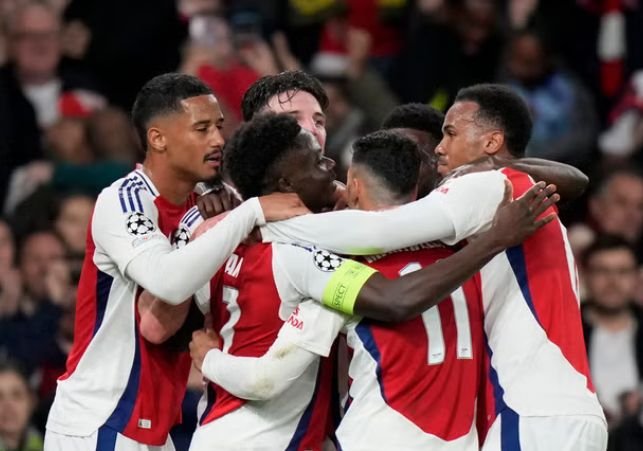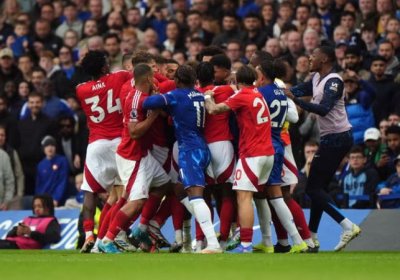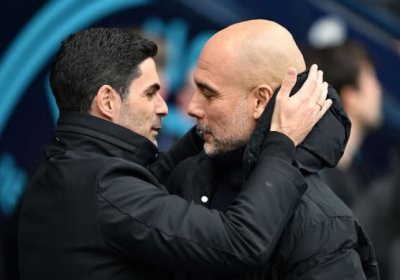How the Champions League surrendered its competitive edge

The Champions League, once heralded as the pinnacle of European football competition, has been criticized in recent years for losing its competitive edge. Several factors contribute to this perception:
-
Wealth Disparity Among Clubs: The influx of money from billionaires and state-backed ownership groups has created a significant financial imbalance. Clubs like Paris Saint-Germain, Manchester City, and Real Madrid can spend astronomical sums on top talent, making it difficult for smaller teams to compete. This wealth gap has led to predictable outcomes, where the same elite clubs dominate year after year(
-
Super Club Dominance: Historically, the Champions League showcased a more diverse set of winners. However, in the past decade, the tournament has been monopolized by a select few clubs. Teams such as Real Madrid, Barcelona, and Bayern Munich have consistently reached the latter stages, making the competition feel repetitive and diminishing the element of surprise .
-
Changes in Format: The new Swiss-style format, set to be introduced in 2024, expands the number of participating teams and increases the group stage matches. Critics argue that this will dilute the quality of the competition, making it longer and less thrilling. Many see this move as catering to financial interests, allowing larger clubs to profit from more matches rather than prioritizing competitive balance .
-
Financial Fair Play (FFP): Although intended to prevent financial mismanagement and maintain competitive balance, FFP regulations have often been criticized for favoring already wealthy clubs. Smaller clubs with less revenue struggle to compete due to spending restrictions, while wealthier clubs find ways to circumvent or manage FFP regulations .
In short, the Champions League's competitive edge has been undermined by financial inequality, super-club dominance, and structural changes that prioritize commercial interests over the unpredictability that once made the tournament so exciting. For a deeper dive into this issue, check out .










